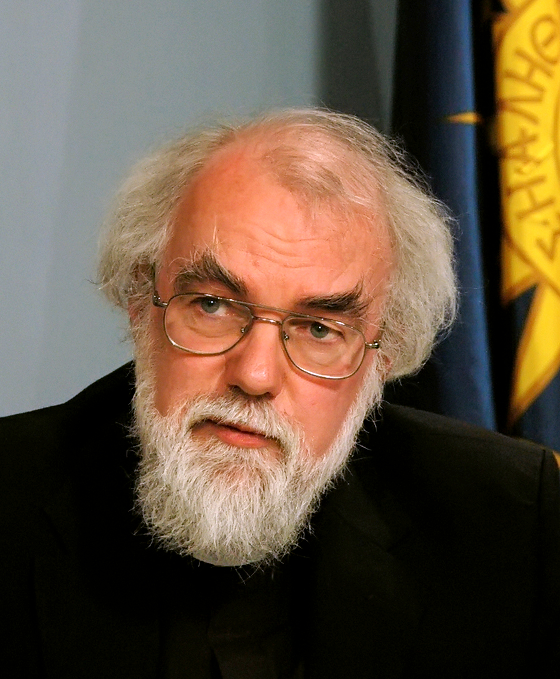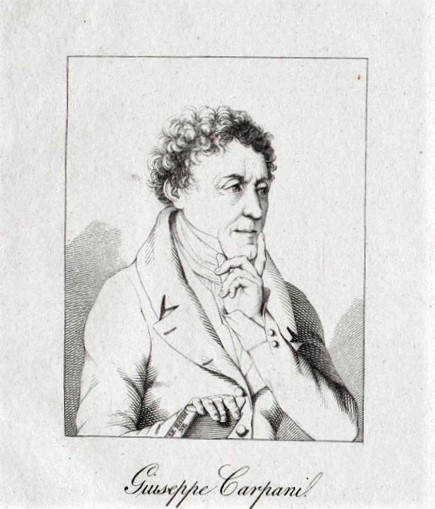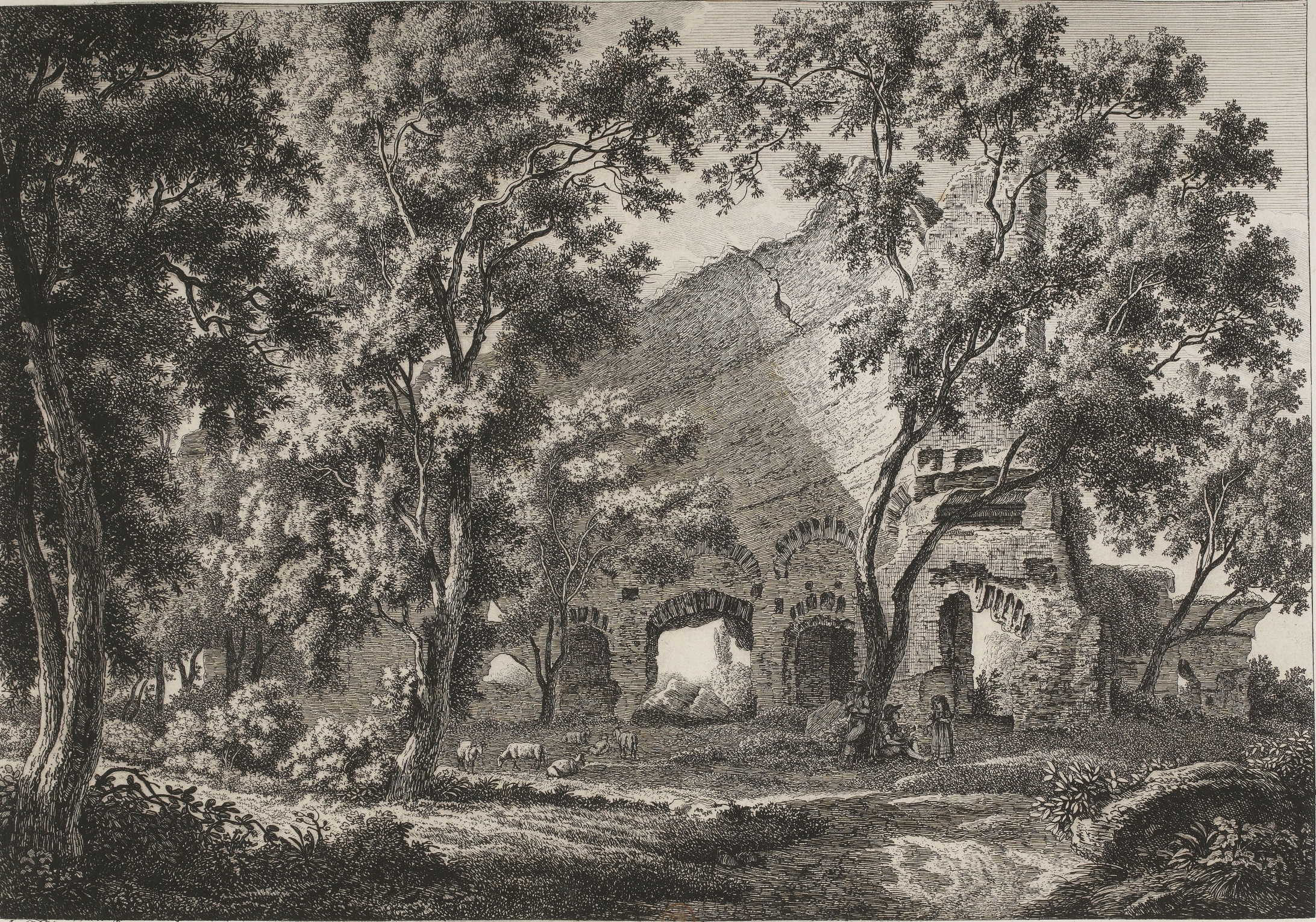|
David Wyn Jones
David Wyn Jones FLSW (born 1950) is a British musicologist. He is an expert on music of the Classical period, including that of Haydn and Beethoven. Professional life Wyn Jones received his Ph.D. from the University of Wales in 1978, on the basis of a doctoral dissertation in three volumes entitled ''The String Quartets of Vanhal''. Earlier (1974) he had been appointed as a Lecturer at Cardiff University, and was subsequently promoted there several times: Senior Lecturer (1998), Reader (2002), Professorial Chair (2007). He served as Head of School from March 2008 to July 2013. He serves on the editorial board of the journal ''Eighteenth-Century Music'' and the e-journal ''Haydn''. He has given lectures and talks at the BBC Proms, the Edinburgh Festival, and at the Royal Festival Hall The Royal Festival Hall is a 2,700-seat concert, dance and talks venue within Southbank Centre in London, England. It is situated on the South Bank of the River Thames, not far from Hungerfor ... [...More Info...] [...Related Items...] OR: [Wikipedia] [Google] [Baidu] |
Learned Society Of Wales
The Learned Society of Wales () is a national academy, learned society and Charitable organization, charity that exists to "celebrate, recognise, preserve, protect and encourage excellence in all of the scholarly disciplines", and to serve the Welsh nation. The Learned Society of Wales is Wales's first and only all-embracing national scholarly academy. A registered charity, it was established and launched on 25 May 2010 in Wales, 2010 at the National Museum of Wales and was granted a Royal Charter in 2015. The society is headquartered in Cardiff. It is an independent, self-governing, pan-disciplinary, bilingual organisation operating throughout Wales, and is a founding member of the Celtic Academies Alliance. Purpose The Society describes its mission as to: * Celebrate, recognise, preserve, protect, and encourage excellence in all scholarly disciplines, and in the professions, industry and commerce, the arts and public service. * Promote the advancement of learning, scholarshi ... [...More Info...] [...Related Items...] OR: [Wikipedia] [Google] [Baidu] |
Royal Musical Association
The Royal Musical Association (RMA) is a British scholarly society and charity. Founded in 1874, the Association claims to be the second oldest musicological society in the world, after that of the Netherlands. Activities include organizing and sponsoring academic conferences in the United Kingdom, and making awards for outstanding scholarship, notably the annual Dent Medal. History The society was founded by Sir John Stainer and was originally titled the Musical Association with a subtitle 'the investigation and discussion of subjects connected with the Art and Science of Music'. Sir Frederick Ouseley, Stainer's teacher, was the first president. The Association was registered as a company in 1904 and as a charity in 1965. The Association was renamed the Royal Musical Association in 1944 following the orders of King George VI. Publications The Association publishes the '' Journal of the Royal Musical Association''. Before 1987, the ''Journal'' was known as the ''Proceedings of ... [...More Info...] [...Related Items...] OR: [Wikipedia] [Google] [Baidu] |
Living People
Purpose: Because living persons may suffer personal harm from inappropriate information, we should watch their articles carefully. By adding an article to this category, it marks them with a notice about sources whenever someone tries to edit them, to remind them of WP:BLP (biographies of living persons) policy that these articles must maintain a neutral point of view, maintain factual accuracy, and be properly sourced. Recent changes to these articles are listed on Special:RecentChangesLinked/Living people. Organization: This category should not be sub-categorized. Entries are generally sorted by family name In many societies, a surname, family name, or last name is the mostly hereditary portion of one's personal name that indicates one's family. It is typically combined with a given name to form the full name of a person, although several give .... Maintenance: Individuals of advanced age (over 90), for whom there has been no new documentation in the last ten ... [...More Info...] [...Related Items...] OR: [Wikipedia] [Google] [Baidu] |
Haydn Scholars
Franz Joseph Haydn ( ; ; 31 March 173231 May 1809) was an Austrian composer of the Classical period (music), Classical period. He was instrumental in the development of chamber music such as the string quartet and piano trio. His contributions to musical form have led him to be called "Father of the Symphony" and "Father of the String quartet". Haydn arose from humble origins, the child of working people in a rural village. He established his career first by serving as a chorister at St. Stephen's Cathedral, Vienna, then through an arduous period as a freelance musician. Eventually he found career success, spending much of his working life as Kapellmeister, music director for the wealthy Esterházy family at their palace of Eszterháza in rural Hungary. Though he had his own orchestra there, it isolated him from other composers and trends in music so that he was, as he put it, "forced to become original". During this period his music circulated widely in publication, eventuall ... [...More Info...] [...Related Items...] OR: [Wikipedia] [Google] [Baidu] |
British Musicologists
British may refer to: Peoples, culture, and language * British people, nationals or natives of the United Kingdom, British Overseas Territories and Crown Dependencies. * British national identity, the characteristics of British people and culture * British English, the English language as spoken and written in United Kingdom of Great Britain and Northern Ireland and, more broadly, throughout the British Isles * Celtic Britons, an ancient ethno-linguistic group * Brittonic languages, a branch of the Insular Celtic language family (formerly called British) ** Common Brittonic, an ancient language Other uses *People or things associated with: ** Great Britain, an island ** British Isles, an island group ** United Kingdom, a sovereign state ** British Empire, a historical global colonial empire ** Kingdom of Great Britain (1707–1800) ** United Kingdom of Great Britain and Ireland (1801–1922) * British Raj, colonial India under the British Empire * British Hong Kong, colonial H ... [...More Info...] [...Related Items...] OR: [Wikipedia] [Google] [Baidu] |
Johann Christian Bach
Johann Christian Bach (5 September 1735 – 1 January 1782) was a German composer of the Classical era, the youngest son of Johann Sebastian Bach. He received his early musical training from his father, and later from his half-brother, Carl Philipp Emanuel Bach in Berlin. After his time in Berlin he made his way to Italy to study with famous Padre Martini in Bologna. While in Italy, J.C. Bach was appointed as an organist at the Milan Cathedral. In 1762 he became a composer to the King’s Theatre in London where he wrote a number of successful Italian operas and became known as "The English Bach". He is responsible for the development of the sinfonia concertante form. He became one of the most influential figures of the classical period, influencing compositional styles of prolific composers like Joseph Haydn and Wolfgang Amadeus Mozart. Life Johann Christian Bach was born to Johann Sebastian and Anna Magdalena Bach in 1735 in Leipzig, Germany. His father, Johann Sebastia ... [...More Info...] [...Related Items...] OR: [Wikipedia] [Google] [Baidu] |
Otto Biba
Otto Biba (born 9 August 1946) is an Austrian musicologist and archive director of the Gesellschaft der Musikfreunde in Vienna. Career Born in Vienna, after studying history and musicology (doctorate University of Vienna in 1974), Biba has been working in the field of musicology since 1973Otto Biba: ''Die kulturelle Bedeutung des Piaristsordens in Österreich bis zum Ende des 18. Jahrhunderts'', Vienna, 1974, published under the title ''Der Piaristenorden in Österreich: seine Bedeutung für bildende Kunst, Musik und Theater im 17. und 18. Jahrhundert'', in ''Jahrbuch für österreichische Kulturgeschichte'', 5, 1975. in the Gesellschaft der Musikfreunde archive, library and collections. In 1979, he succeeded Hedwig Mitringer as its director. Since then, he has been active as a scholarly author, editor of musical works, exhibition curator and lecturer in Vienna and internationally. As a researcher, he was particularly concerned with Joseph Haydn, Franz Schubert and Johannes Brahm ... [...More Info...] [...Related Items...] OR: [Wikipedia] [Google] [Baidu] |
Giuseppe Carpani
Giuseppe Carpani (28 January 1752 – 22 January 1825) was an Italian man of letters. He is remembered in large part for his role in the history of classical music: he knew Haydn, Mozart, Salieri, Beethoven, and Rossini, and served them in various ways as poet, translator, and biographer. Life He was born at Vill'albese, in Brianza, Duchy of Milan (in what is now Lombardy) and was educated in Milan by the Jesuits. His father wanted him to study law, which he did in Pavia. Already during his studies, he turned to literature on his own time, writing poetry and plays, some in standard Italian and some in Milanese dialect. An early success (1780) was ''Gli antiquari in Palmira'', an opera composed by Giacomo Rust to Carpani's libretto, which led to his being invited to write libretti for the Milanese court, performed in the country residence at Monza. These were translations/revisions of French works, some of which appeared under Carpani's own name. From 1792 to 1796, Carpani ed ... [...More Info...] [...Related Items...] OR: [Wikipedia] [Google] [Baidu] |
Albert Christoph Dies
Albert Christoph Dies (175528 December 1822) was a German painter, engraver, and biographer most noted for his biography of Joseph Haydn, although it is now considered sentimental and not entirely accurate. As an artist, he is also not very well-regarded. As painter Dies was born in Hanover (baptized 11 February 1755),New Grove, "Dies" and began his studies there. For one year he studied in the academy of Düsseldorf, and then he started at the age of twenty with thirty ducats in his pocket for Rome, studying briefly on the way in Mannheim and Basel. In Rome he lived a frugal life till 1796; his son Johannes (Giovanni) was born there in 1776. Copying pictures, chiefly by Salvator Rosa, for a livelihood, his taste led him to draw and paint from nature in Tivoli, Albano and other picturesque places in the vicinity of Rome. Naples, the birthplace of his favorite master, he visited more than once for the same reasons. Goethe visited him in 1787. The poet, interested in the theor ... [...More Info...] [...Related Items...] OR: [Wikipedia] [Google] [Baidu] |
Georg August Griesinger
Georg August von Griesinger (8 January 1769 – 9 April 1845) was a tutor and diplomat resident in Vienna during the late 18th and 19th centuries. He is remembered for his friendships with the composers Joseph Haydn and Ludwig van Beethoven, and for the biography he wrote of Haydn. Early life and career He was born in Stuttgart on 8 January 1769. His father was Georg Christoph Griesinger (1734/5 - 1782), who was a lawyer and civil servant. He grew up in Stuttgart and attended university, studying theology, in Tübingen. He later worked as a tutor in an aristocratic home in Morges, Switzerland. In 1799, he moved to Vienna, in order to work as the tutor of the son of Count Johann Hilmar Adolph Schönfeld, the ambassador of Saxony to Austria. He remained in Vienna for the rest of his life, but changed careers there in 1804, becoming a diplomat at the Saxon embassy. He first held the rank of secretary, then counsellor and finally (1831) chargé d'affaires. Relations with Haydn In ... [...More Info...] [...Related Items...] OR: [Wikipedia] [Google] [Baidu] |
Royal Festival Hall
The Royal Festival Hall is a 2,700-seat concert, dance and talks venue within Southbank Centre in London, England. It is situated on the South Bank of the River Thames, not far from Hungerford Bridge, in the London Borough of Lambeth. It is a Grade I listed building, the first post-war building to become so protected (in 1981). The London Philharmonic Orchestra, the Philharmonia Orchestra, the Orchestra of the Age of Enlightenment, the London Sinfonietta, Chineke! Orchestra, Chineke! and Aurora Orchestra, Aurora are resident orchestras at Southbank Centre. The hall was built as part of the Festival of Britain for London County Council, and was officially opened on 3 May 1951. When the LCC's successor, the Greater London Council, was abolished in 1986, the Festival Hall was taken over by the Arts Council, and managed together with the Queen Elizabeth Hall and Purcell Room (opened 1967) and the Hayward Gallery (1968), eventually becoming an independent arts organisation, now known ... [...More Info...] [...Related Items...] OR: [Wikipedia] [Google] [Baidu] |
Musicology
Musicology is the academic, research-based study of music, as opposed to musical composition or performance. Musicology research combines and intersects with many fields, including psychology, sociology, acoustics, neurology, natural sciences, formal sciences and computer science. Musicology is traditionally divided into three branches: music history, systematic musicology, and ethnomusicology. Historical musicologists study the history of musical traditions, the origins of works, and the biographies of composers. Ethnomusicologists draw from anthropology (particularly field research) to understand how and why people make music. Systematic musicology includes music theory, aesthetics, pedagogy, musical acoustics, the science and technology of musical instruments, and the musical implications of physiology, psychology, sociology, philosophy and computing. Cognitive musicology is the set of phenomena surrounding the cognitive modeling of music. When musicologists carry out ... [...More Info...] [...Related Items...] OR: [Wikipedia] [Google] [Baidu] |





